Nobody Dey Get Us
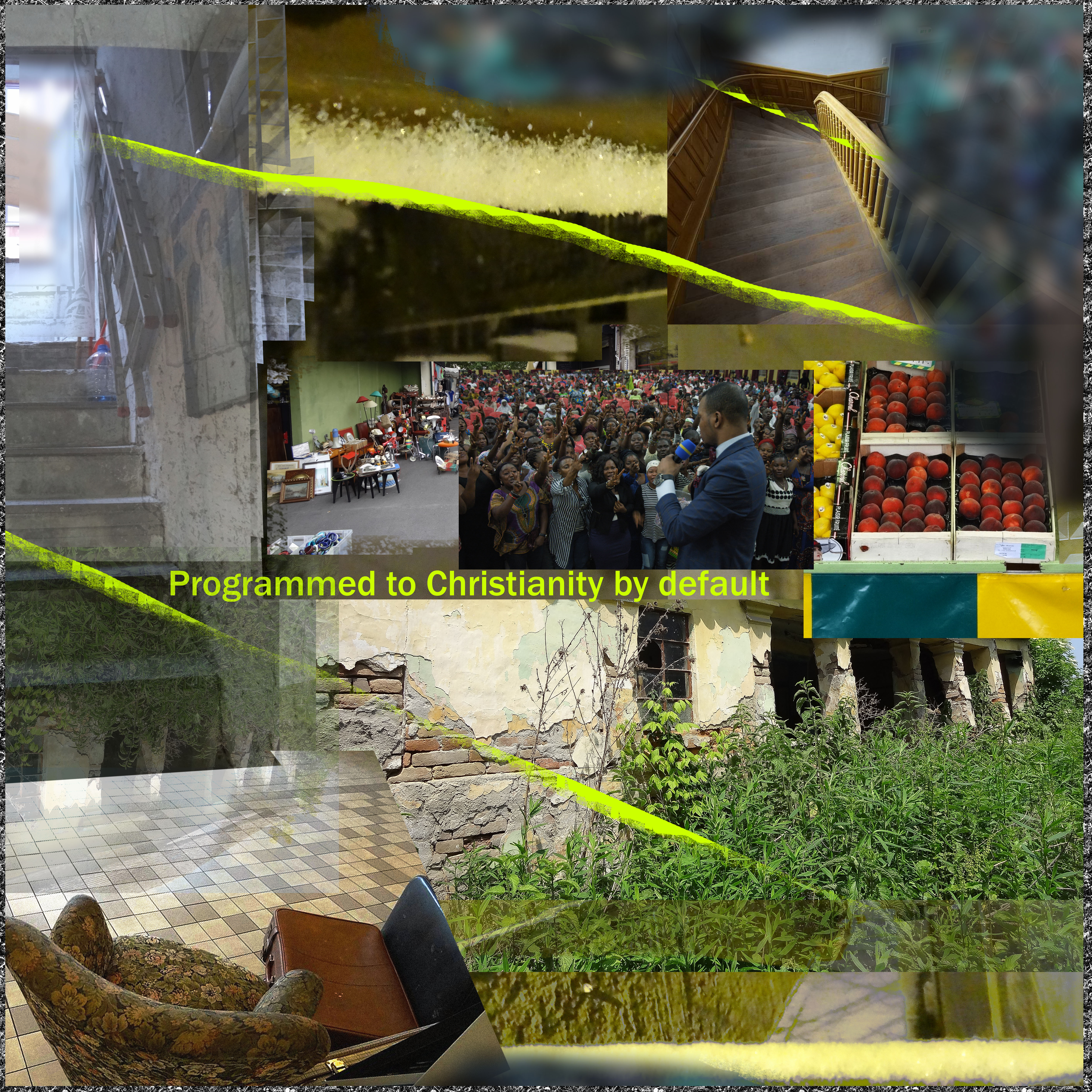
In Ghana, everyday life is widely ruled by the Christian religion. The artists portrayed in the film «Contradict» revolt against this religion’s tendency to dominate people’s histories – by writing their own.




In Ghana, everyday life is widely ruled by the Christian religion. The artists portrayed in the film «Contradict» revolt against this religion’s tendency to dominate people’s histories – by writing their own.



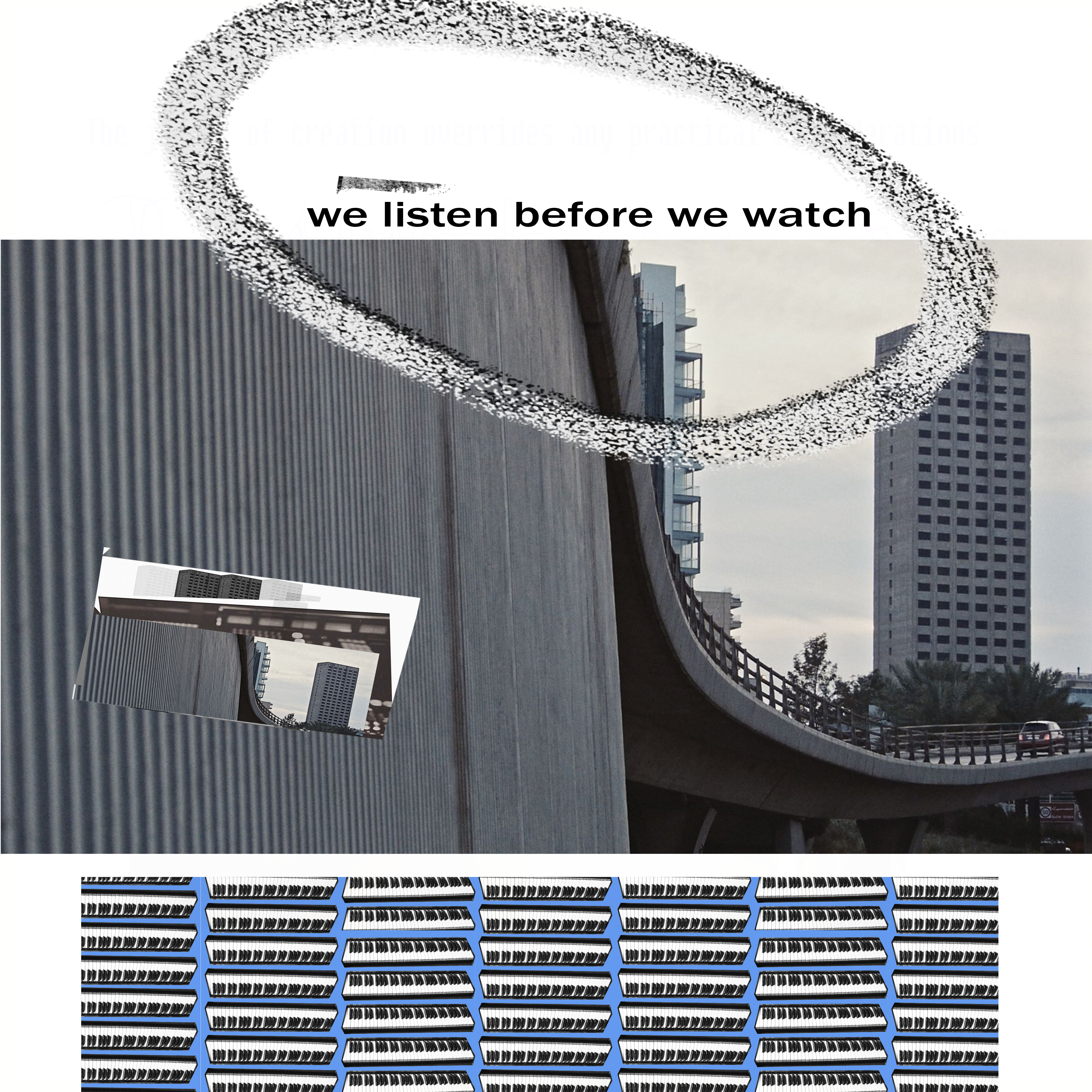
What can we learn from a film by listening to it? Rana Eid’s «Panoptic» (2019) takes the viewer on a dark peregrination in the city of Beirut, and becomes a terrain on which images, sounds and voices superimpose and coalesce.



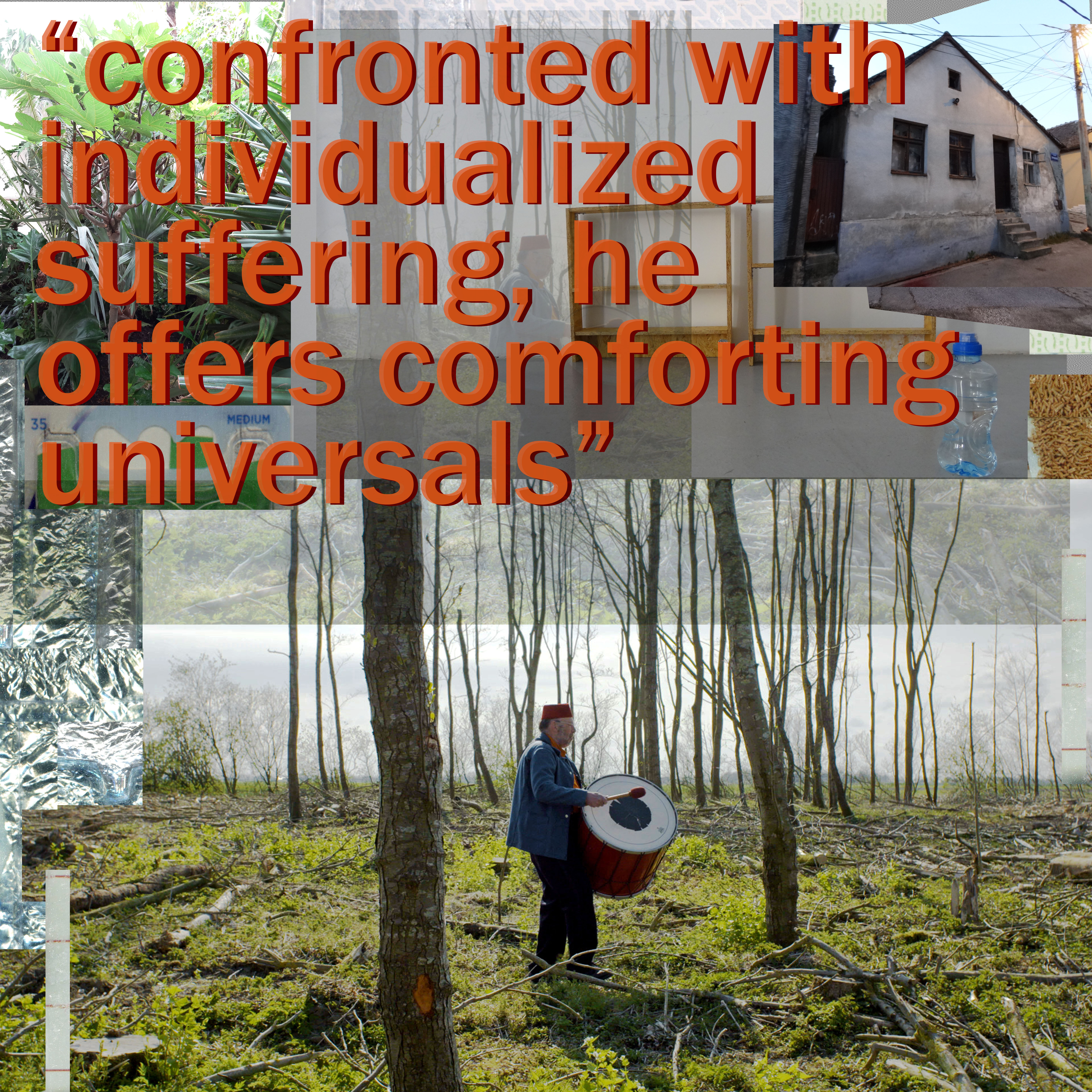
In an era where platforms package music in a way that strips away life’s complexities, Angus Finlayson finds a melancholic antidote in the music documentary «The Long River Slides».




Lacking a common language is not always an obstacle to communication. It can help to build new connections without preconceptions. An essay inspired by the film «In Your Eyes, I See My Country», in which two Israeli musicians travel to Morocco.



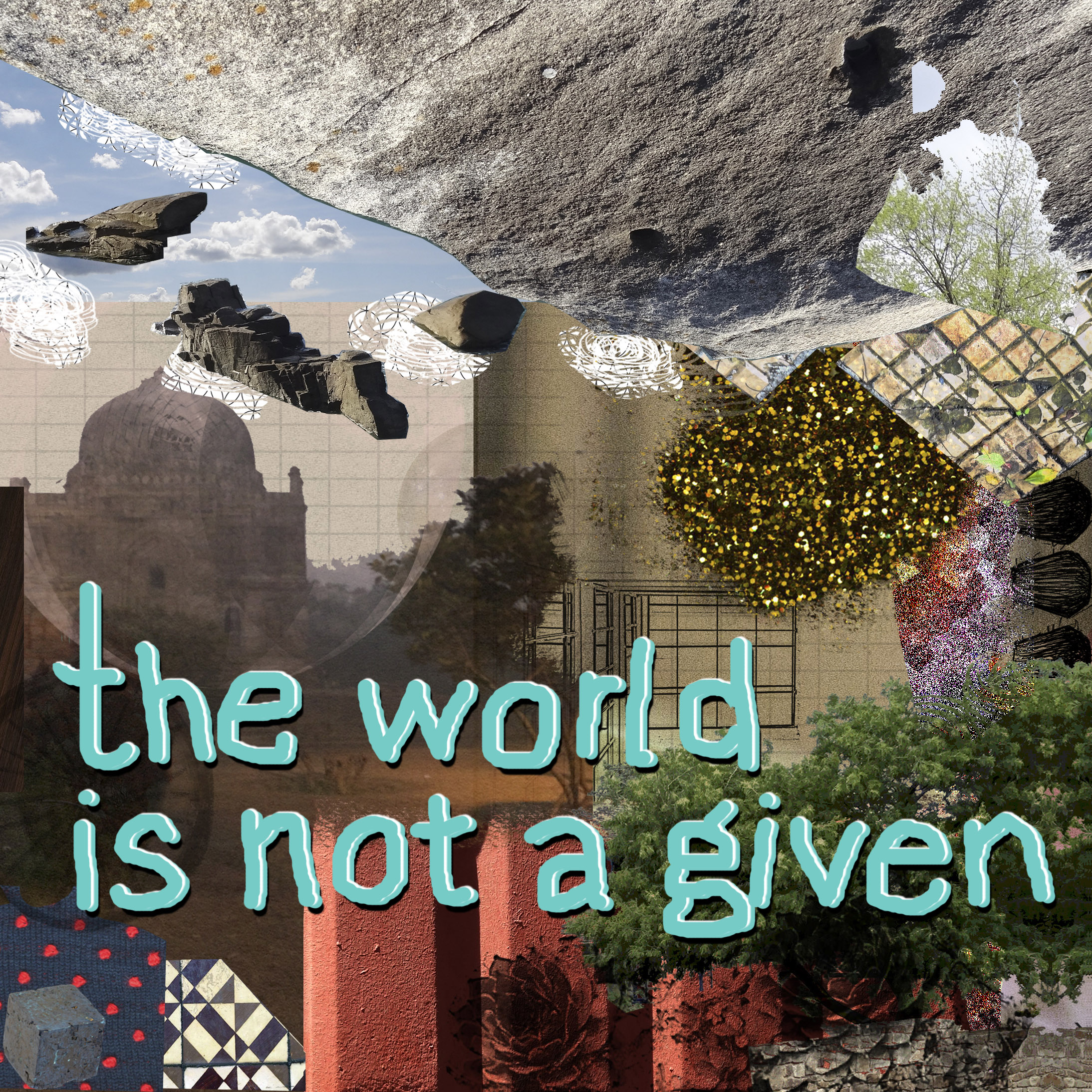
Episode 3 of the «Timezones» podcast series, co-initiated and co-produced by Norient and the Goethe-Institut. In this episode, four contemporary artists with a connection to the city of Delhi reflext upon their diverse and evolving practices.



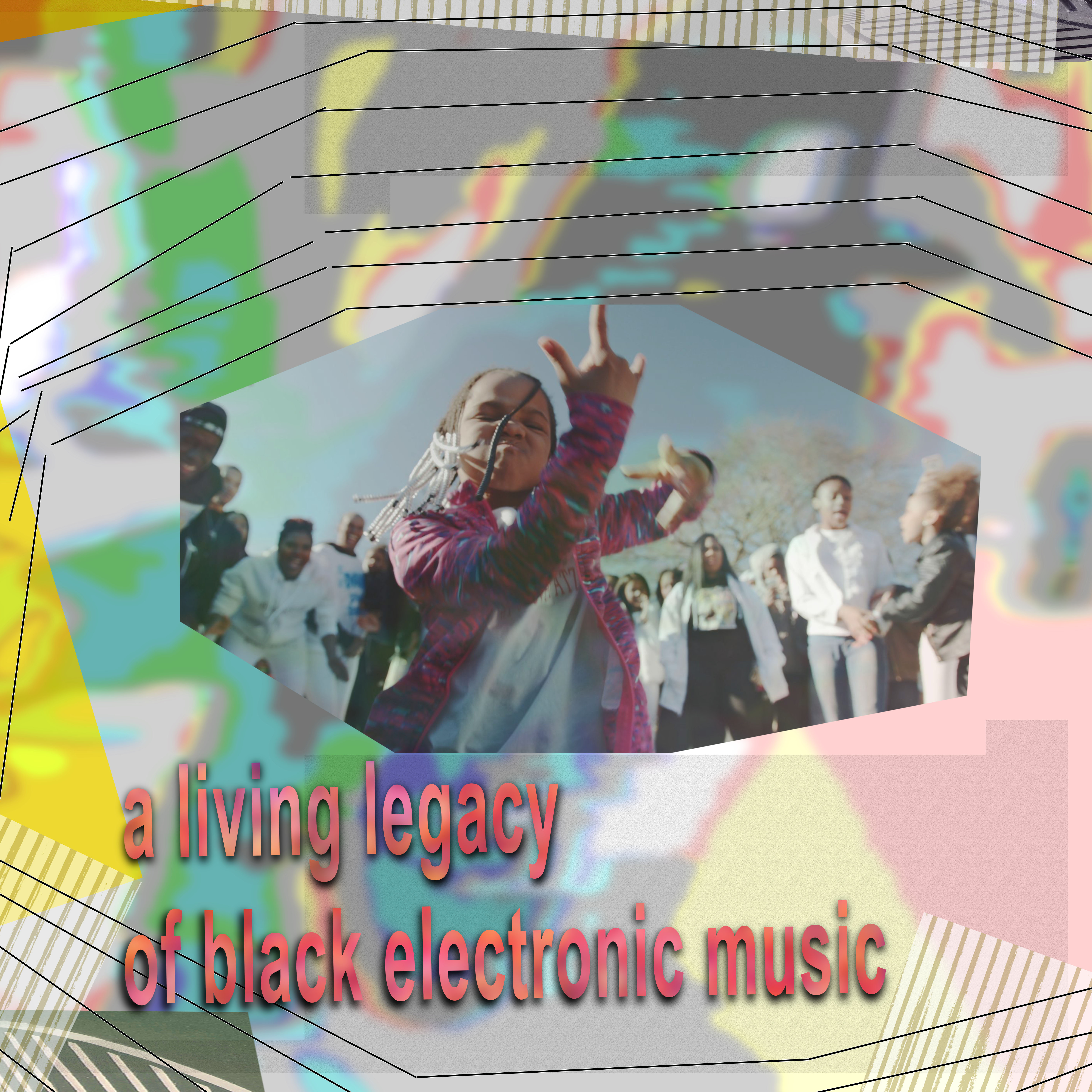
While techno and house have become widely commodified by white Europeans, Tedra Wilson’s documentary Dark City Beneath the Beat shows how Baltimore Club kept its highly localized aesthetics, and proves the richness of Black club music in the 21st century.



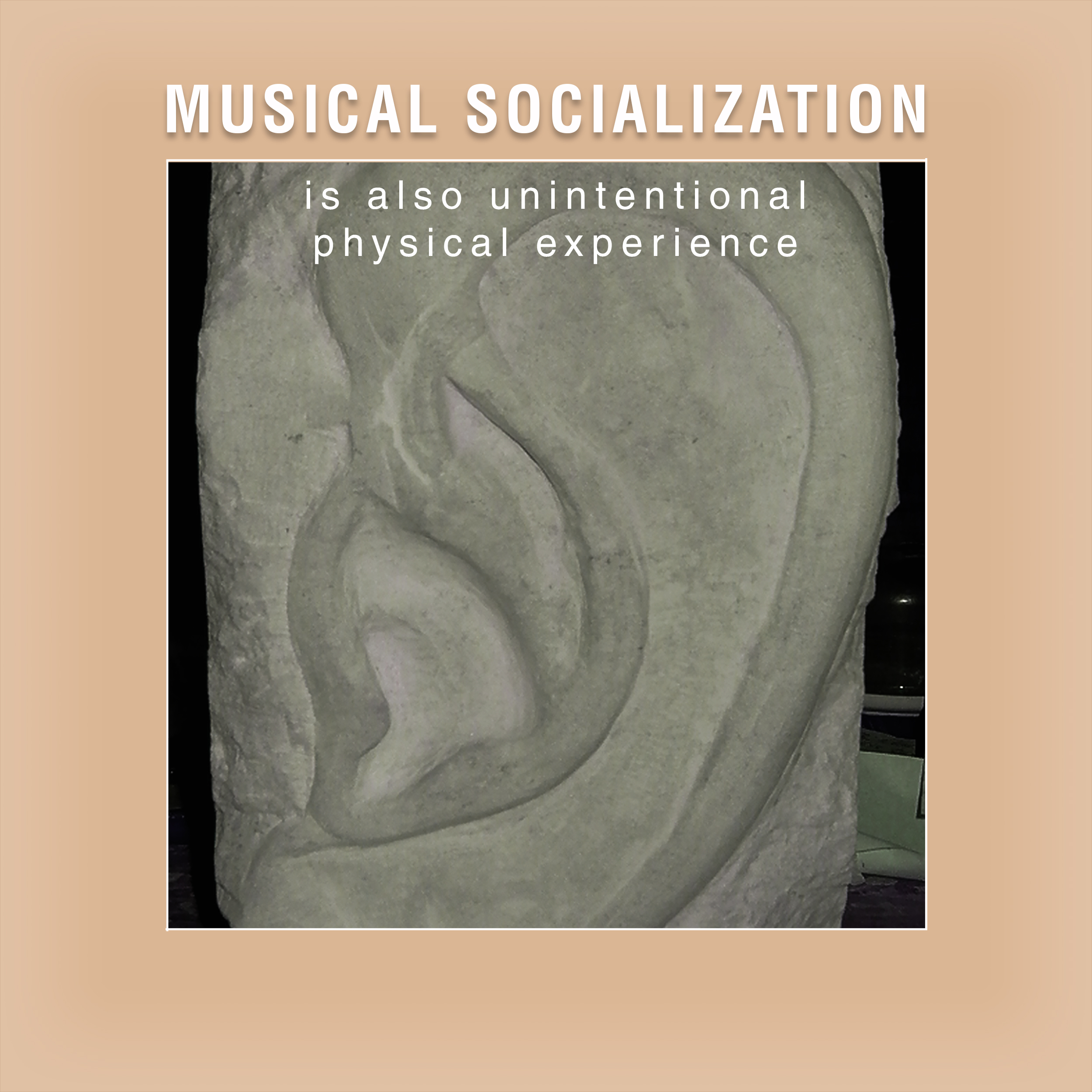
A body is not just perceiving sounds, it is also their medium. Here is an essay about the materiality of sound and how the body shapes the listening process.



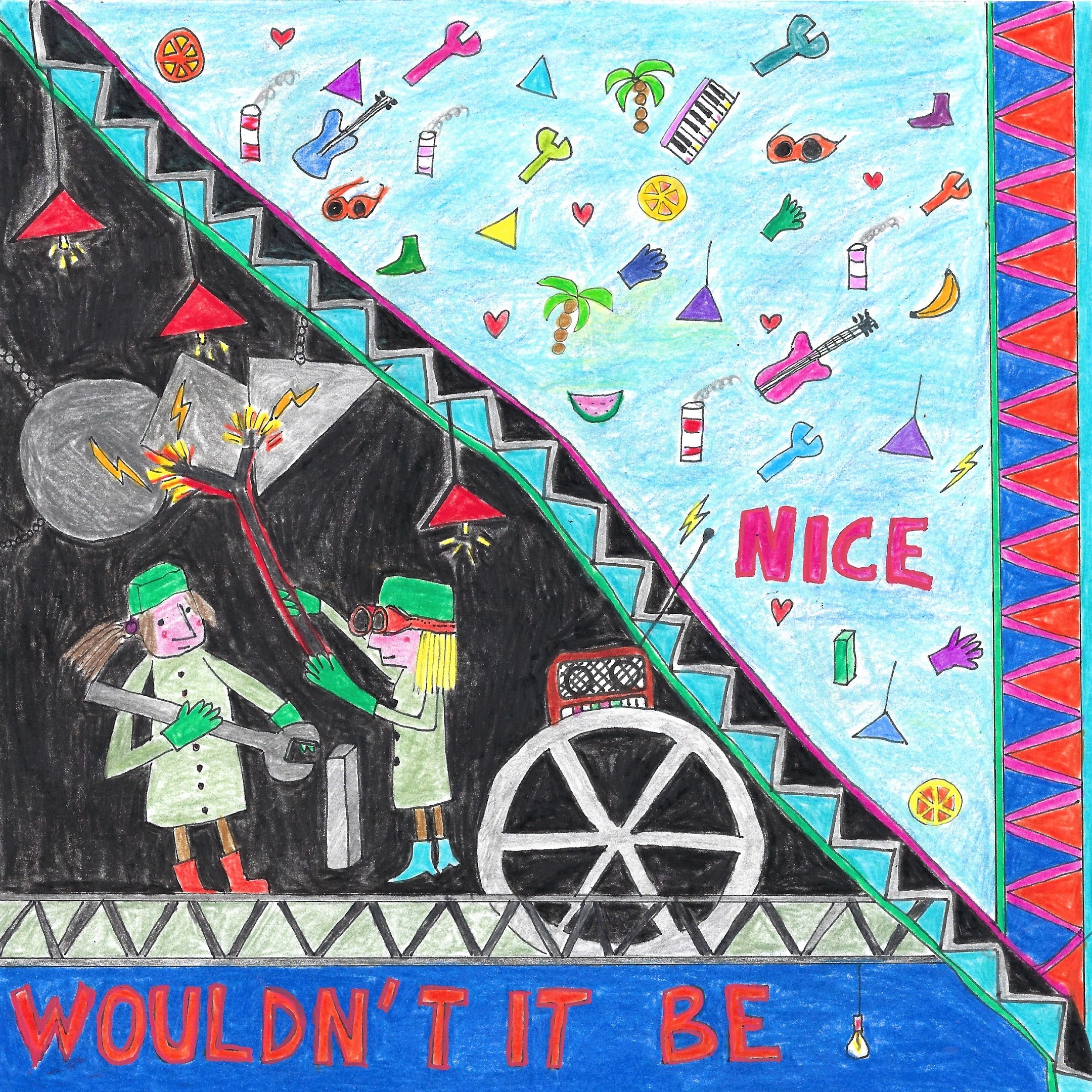
How does music affect the image of a city? In his recent book «Deindustrialisation and Popular Music», Giacomo Bottà elaborates the relationship between de-industrialization and genres like house, industrial or post-punk.



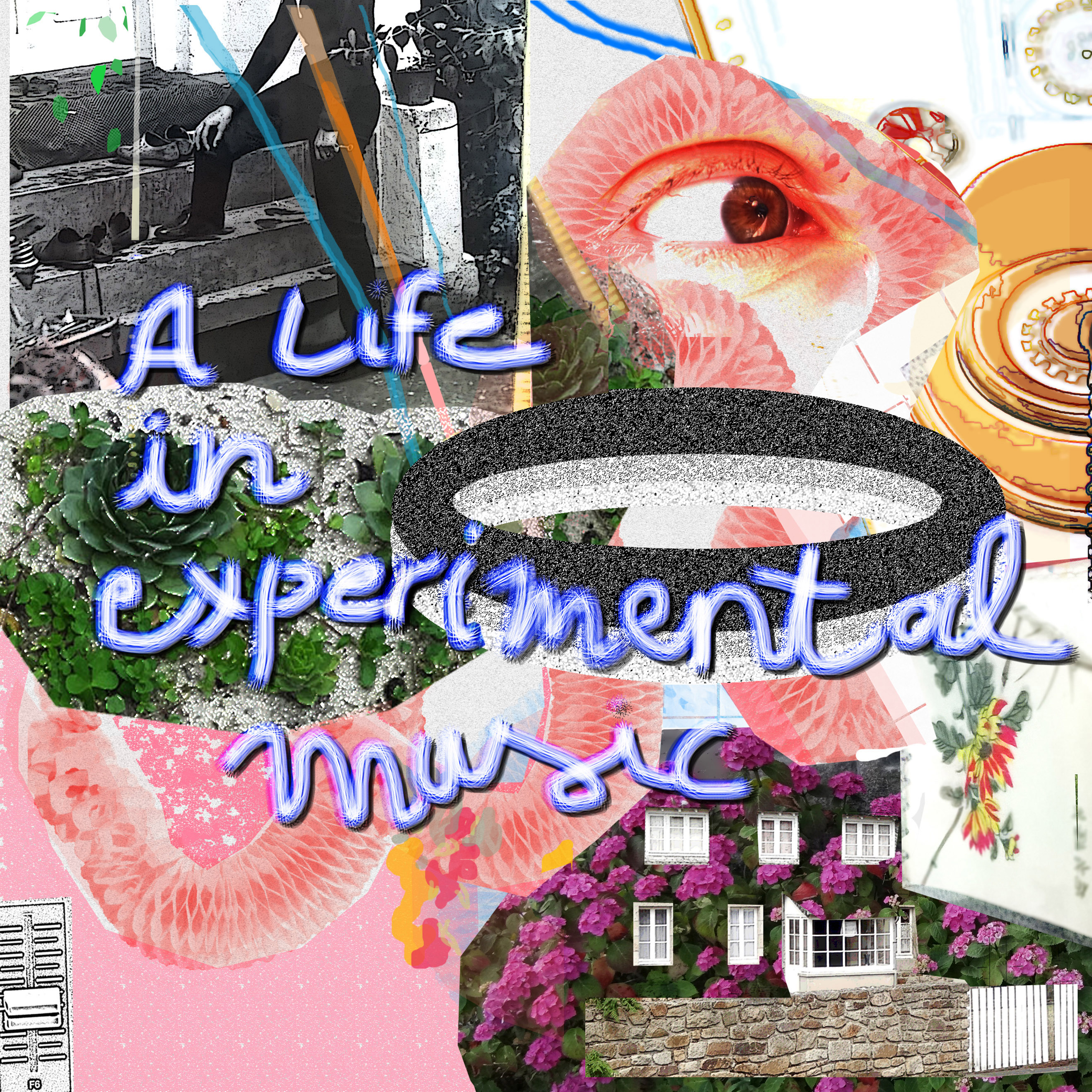
«Timezones» – Episode 2. An electro-acoustic composition based on the interviews with the three artists Mara Miccichè, Branko Džinović, and Vukašin Đelić, the close friends and collaborators of the podcast producer, who have never met each other.



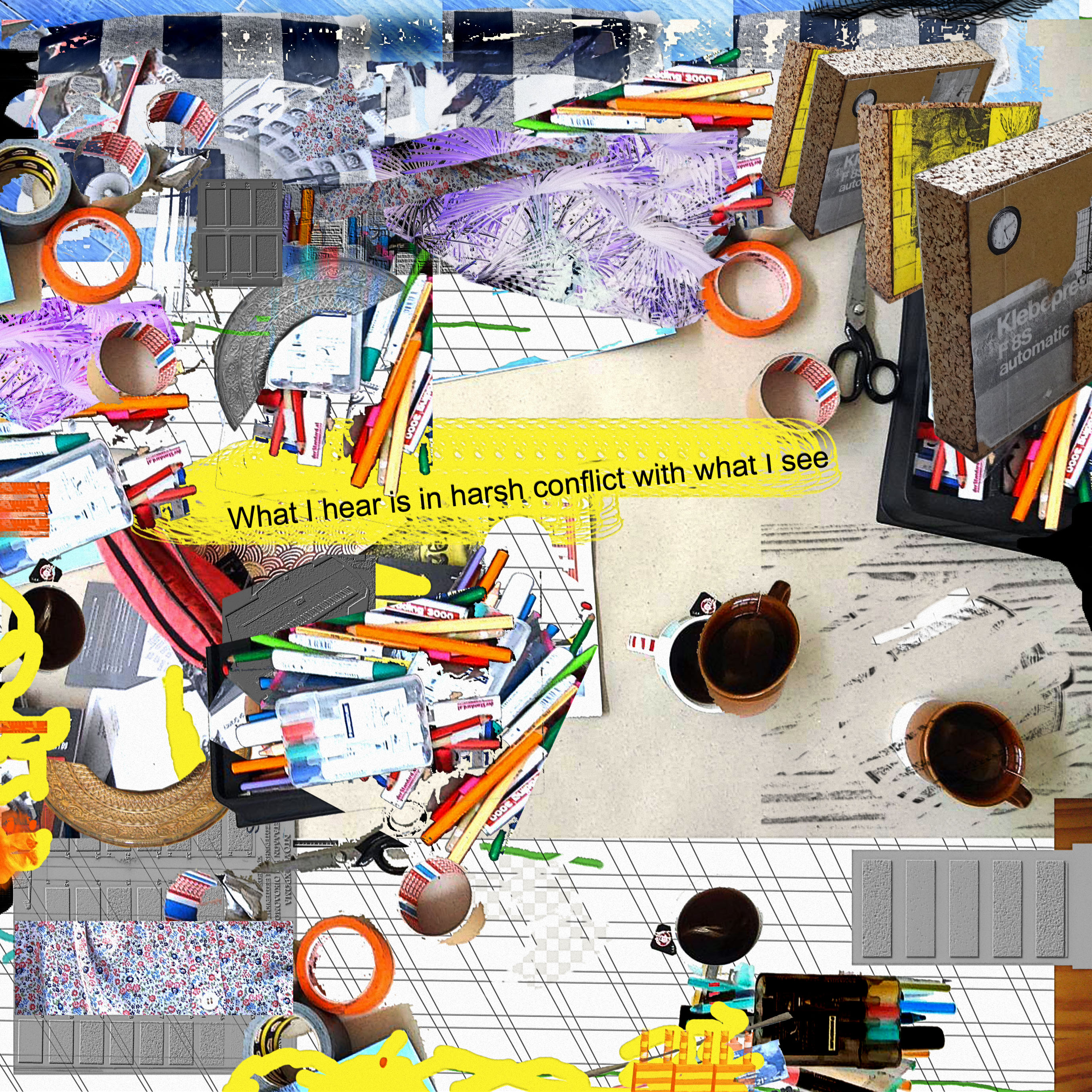
The pandemic-driven changes have produced new sensory dissonances: While some urban spaces became eerily quiet, ubiquitous video calls turn the domestic into a public space flooded by multiple voices and sounds. What do these sonic worlds tell us about the social?



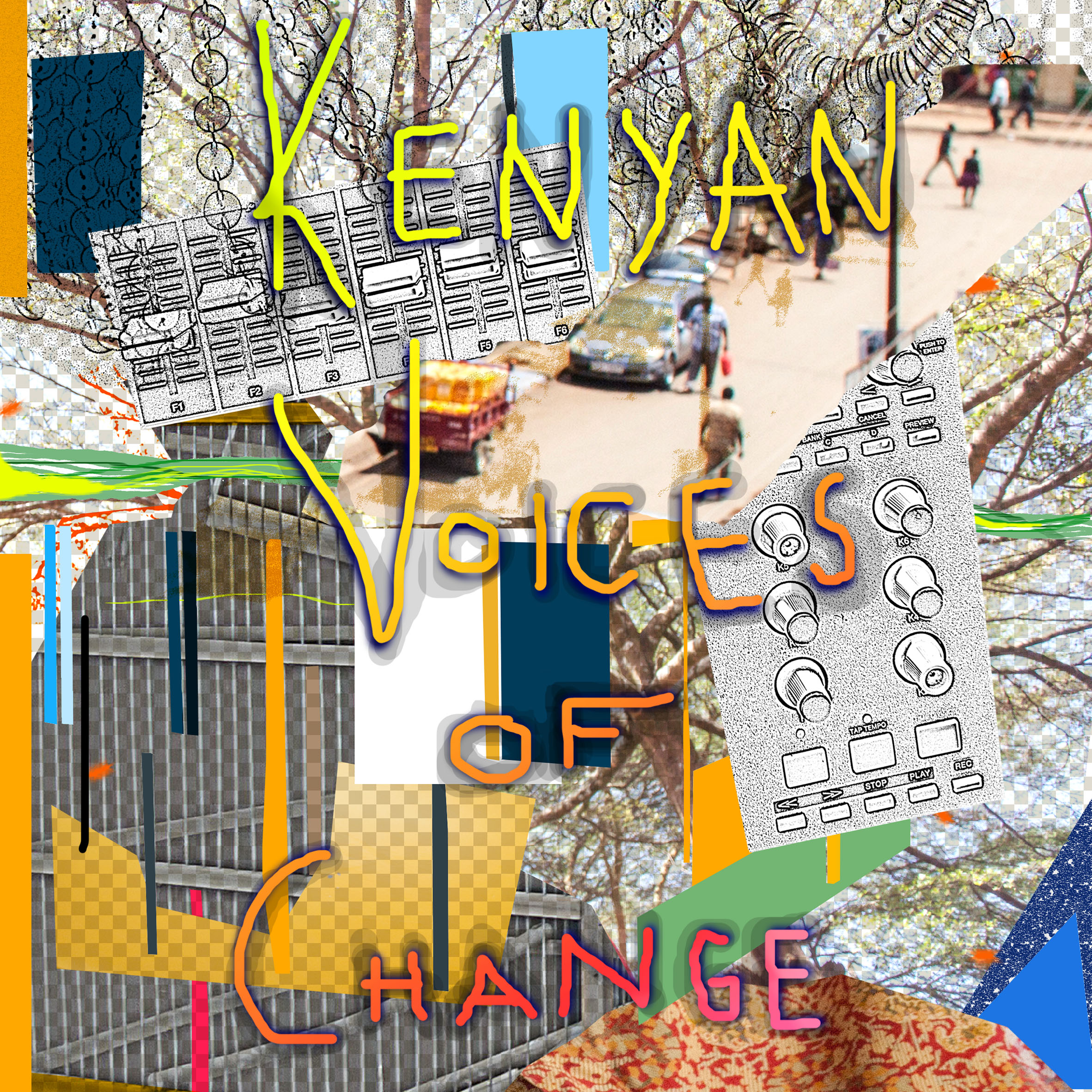
Nairobi’s next generation music producers and performing artists speak out – Episode 1 of the new Timezones Podcast Series, co-initiated and co-produced by Norient and the Goethe Institute.


